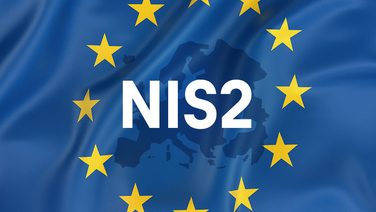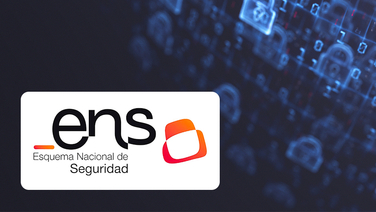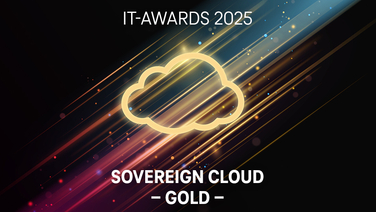
Cloud cost optimization and FinOps
Anyone who uses the cloud must also establish strong governance mechanisms. A pragmatic approach is provided by controlling cloud costs. FinOps and the associated cloud cost management not only optimize cloud expenses but also create comprehensive control mechanisms.







